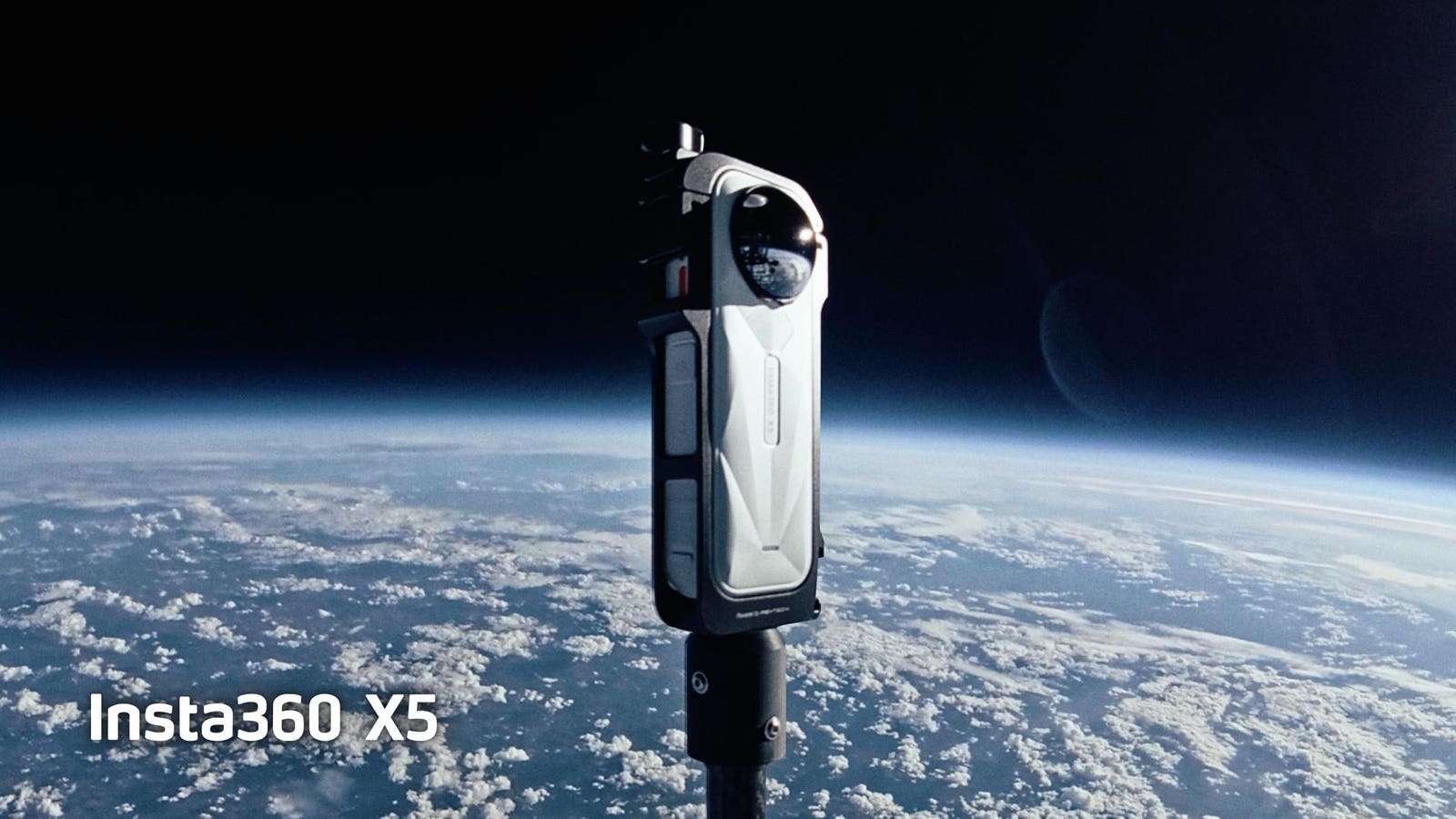What if your anger wasn’t a flaw but actually a guiding compass? Here are three surprising ways this … More
Anger is often viewed in a negative light; as an emotion you want to suppress, avoid or, in many cases, something you could be ashamed of.
Most of us have grown up learning that staying calm and collected is the mature way to be, and that anger is often known to lead to conflicts. While on the surface that may seem right, negative emotions like stress or anger may be working in your favor behind the scenes.
While being consumed by anger is not the best feeling in the world, when channeled correctly, anger is a messenger. It pushes for change and taking action, alerts you to injustice and helps you understand what boundaries you need to draw in your life.
That said, when ignored or mishandled, anger can burn bridges and lead to regret. When the anger is explosive or reactive, where you lash out in an unhealthy way, that intensity can dominate conversations, causing real harm.
If anger is suppressed, the kind where you push your feelings down, pretend it isn’t there or shut your emotions down to play “nice,” you may also become more resentful with time.
This eventually creates emotional distance in relationships. Overall, in one way or another, when anger is not dealt with in the right way, it can take a toll on you and your relationships.
However, anger isn’t inherently destructive. The distinguishing factor is how you relate to it.
Here are three ways anger can be your ally.
1. Anger Fuels Action And Goal Achievement
Despite being uncomfortable, anger is often a signal that something important to you is being blocked. It could be your progress, a sense of fairness or recognition that’s missing. Many emotions can make you withdraw or freeze, but anger usually tends to push you to act, especially when something feels unjust or “in your way.”
Research published in Motivation and Emotion backs this. Researchers drew on action regulation theory, which looks at how people stay on track when pursuing goals, especially when facing obstacles.
One concept they focused on was persistence, which is the ability to keep going despite frustration. The other was action planning, which is how clearly someone thinks through how they’ll respond when they face setbacks or challenges.
Two field studies were conducted to examine how anger during goal pursuit affected goal achievement. Researchers found that when people felt angry but had no action plan, the anger led to reduced persistence. This meant they were more likely to give up or feel stuck, which in turn hurt their chances of achieving their goal.
However, when people felt angry and had a clear plan for how to handle setbacks, anger was not negatively affecting their persistence or outcomes. In fact, it often acted as a source of focus and determination.
This clearly implies that anger doesn’t automatically derail you. It only does so when you don’t know where to channel it.
Another 2016 study explains why anger often feels like such a strong push to act. Researchers designed a task that involved “approach-avoidance conflict,” a situation where someone has to either move toward something they wanted (a reward) even though it involved risk or discomfort or avoid the threat but miss the opportunity.
Participants were exposed to mild provocations in the process (like a loud noise) and their reactions were measured.
Researchers found that those with high trait anger (naturally more anger-prone) chose to approach and confront the discomfort, and those with low trait anger tended to withdraw.
This suggests that anger is fundamentally an approach-oriented emotion, which can push you forward. It motivates action, especially when something or someone is blocking a goal, value or need.
So, the key is to work with it consciously and direct it where it matters most. When channeled through clarity and intention, anger becomes one of your sharpest tools for momentum, change and achievement.
2. Anger Helps You Identify And Enforce Boundaries
Anger often shows up in relationships when a boundary — whether emotional, psychological or physical — has been crossed. In such moments, anger isn’t just reactivity or impulsiveness. It’s your internal alert system prompting you to say that something is not okay.
This signal serves an essential function by helping you preserve your sense of self within a relationship. If you recognize anger early on and speak up with clarity, it can help prevent the buildup of resentment and protect your emotional well-being.
This also helps create healthier relational dynamics, where respect and emotional safety are mutually reinforced.
Suppressing anger in such moments, on the other hand, can lead to self-abandonment or emotional disconnection, both from yourself and others.
A multidisciplinary 2017 study published in Frontiers in Psychology explored anger as an emotion through the fields of developmental psychology, neuroscience and psychodynamic theory. The study offers powerful insight into its deeper function in human relationships.
Researchers reviewed how anger and rage emerge early in life, which is rooted in both evolutionary and developmental purposes designed for survival and differentiation.
From a psychodynamic perspective, anger plays a dual role. Firstly, it acts as an inward signal, where it shows up as a motivational push to overcome an obstacle or aversive state.
Secondly, it can act as an outward signal by communicating discomfort, asserting identity and establishing conflict or distance when needed in interpersonal settings.
This outward role of anger is especially relevant when it comes to setting and protecting personal boundaries.
Researchers reframe anger as a natural tool for self-definition and relational clarity simply because it helps signal to you what is acceptable and unacceptable. This allows space for authentic connection.
3. Anger Can Be A Force For Justice And Social Change
Anger is often dismissed as an emotional outburst, but it means so much more. It can act as an internal moral compass and become a powerful catalyst for collective transformation.
Notice how throughout history, some of the most impactful social movements have been sparked by a shared sense of moral outrage.
From civil rights marches to climate justice rallies, people have come together not just because they were angry, but because their anger was rooted in moral clarity and a refusal to normalize injustice.
Research published in the British Journal of Social Psychology explored the psychology behind why people participate in collective action like protests or advocacy. The focus of the study was on moral convictions, which are deep and absolute beliefs about what is right or wrong.
Researchers wanted to understand how these convictions lead to real-world action. They found that moral convictions predicted collective action, but only when people also felt a sense of group identity, shared anger and belief in change.
This shows that anger, when rooted in moral clarity and shared identity, can become a catalyst not just for emotional expression but for organized, sustained social change.
The next time you feel angry, before rushing to react or repress, pause to ask yourself reflective questions such as, “What boundary was crossed? What value feels violated?”
Anger often carries vital information about where you feel violated. Learning how to translate that energy into awareness can help you respond instead of exploding with unconstructive rage.
One way to do this is using cognitive reappraisal, where you intentionally reframe the story you’re telling yourself to shift perspective and reduce emotional intensity. Another important way is to inculcate mindfulness by observing anger as a passing emotion rather than being all consumed by it. This helps create space between the feeling and reaction.
In relationships, you can use nonviolent communication by allowing yourself to express your underlying needs clearly and assertively. Remember to not resort to blame or hostility. A more grounded approach to anger allows you to remember that something important needs attention, while removing its destructive edge.
Have you been struggling to control your anger? Take this science-backed test to find out: Anger Management Scale









